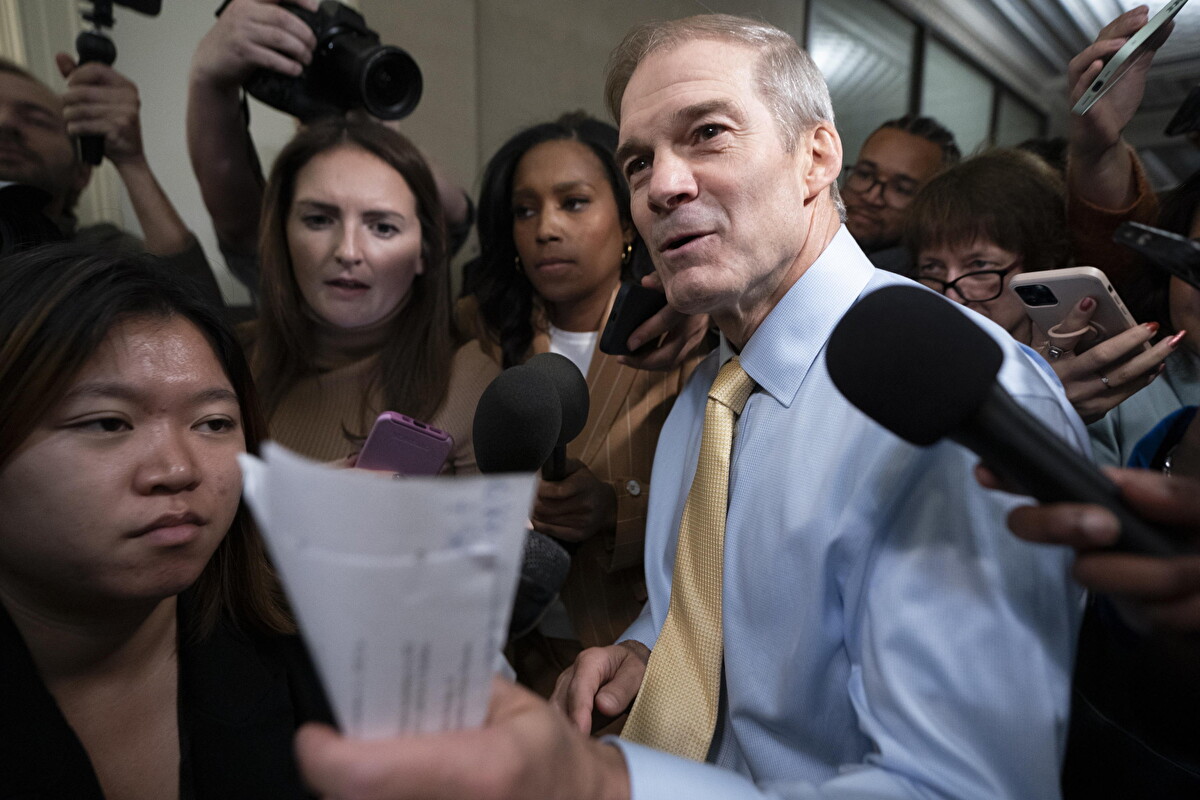Two prominent Trump lawyers have pled guilty to counts in the Georgia racketeering case that charges the former president, along with eighteen other co-defenders, of attempting to overturn the results of the 2020 election.
Powell and Chesebro’s plea deals are significant because they indicate a collaboration with the State Department and open the door for future testimony against Donald Trump. Legal experts stress the impact that Powell and Chesebro’s potential testimony can have, “You use her to bring your jury into that very room. Here’s what we discussed. Here’s who said what. Here’s what we knew.”
Kenneth Chesebro pled guilty today to one felony count of conspiracy to commit filing false documents (he was initially charged with seven). Yesterday, Sidney Powell pled guilty to six misdemeanors in exchange for a six-year probational sentence.
Chesebro is the lawyer who authored the post-election memos detailing how Republicans could send false presidential electors to Congress. His writing provided “detailed, state-specific instructions for how Trump presidential elector nominees in Georgia, Arizona, Michigan, Nevada, Pennsylvania, and Wisconsin would meet and cast elector votes”. Chesebro penned these legal acrobatics in the weeks leading up to the January 6th certification despite mounting opposition and vocal disapproval from the majority of Trump’s White House advisors.
Trump offered Sidney Powell the position of Special Counsel for election-related legislation during a combative White House meeting on December 18, 2020. At the time, this appointment was vehemently opposed by White House lawyers and wasn’t made formal. Powell became a foundational component of the election denial narrative that emerged among MAGA voters following the election. However, her prominent promulgation of baseless conspiracy theories soon became too much for even the Trump team to endorse; they attempted to formally distance the administration from Powell despite the president continuing to publicly endorse her through platforms like Twitter and Instagram.
Based on the findings of the Jan 6th report, it’s evident that, following the 2020 election, Trump’s campaign leadership was eager to entertain potential recounts and other standard post-election litigation; many, however, refused to follow the president into the realm of “baseless conspiracy theories”. After the dust settled Trump’s own White House lawyers told him time after time that his claims of fraud had no basis in reality.
It wasn’t until two weeks after the election that an exasperated Trump formally pushed the dissenters aside and hired people who would be crazy enough to push his agenda. Besides Powell, Trump took on Rudy Giuliani, as well as his entire legal team, and tasked him with pursuing election-related disputes, telling him to “go wild” and “do anything you want”. In a press conference held on November 19th, Powell and Giuliani went on to lay out a multitude of conspiratorial threads that would provide the basis for subsequent election skepticism.
In the abstract, good legal representation is intended to help the individual properly navigate our country’s legislative systems in a way that enables them to most successfully pursue the object of their desire. Trump’s lawyers, particularly those like Chesebro, flipped that notion on its head; they reframed the systems of our governmental processes in an attempt to satiate the president’s desire to stay in power.












